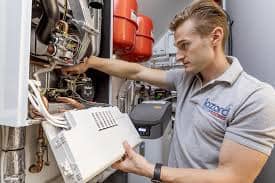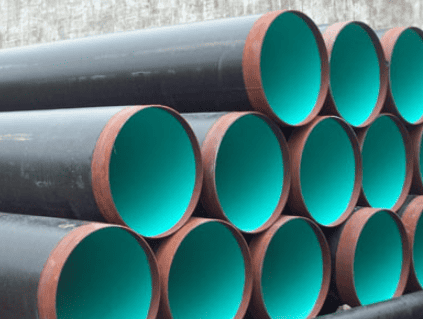There is a wide range of equipment needed by professional heating and gas installers. In this article, we will take a look at the various types of plumbing tools used by heating and gas engineers. It is important to remember that the tools used will differ depending on the type of work carried out.
The first type of equipment required by heating engineers is the right tools to work on boilers. These units can heat both water and space. To use a boiler, it must be connected to an unfired storage tank. For a range of Copper Pipe Connectors, try visiting watkinspowis.co.uk/products/copper-pipe-fittings-and-press-systems/
Other equipment used by heating engineers includes air delivery and refrigeration equipment. These two types of equipment are essential for heating and cooling a space. Heating engineers must consider the weight of the equipment to design a room that can accommodate them and provide sufficient space for them. They must also consider the regulations that apply to the equipment room. Generally, equipment rooms are located in the central part of a building. This simplifies the design of shaft layouts and reduces duct runs.
Electrical equipment is also used in this industry. These include ovens, hot plates, heating mantles, heating tapes, and baths. Hot-tube furnaces are also used. While they are safe for use, electrical shocks and sparks can occur. The electrical input lines should be completely covered with insulating material. Moreover, electrical equipment should have a temperature controller with safety interlock capability.
While a plumber is unlikely to require as many tools, a heating engineer will need a few essentials. Here are the tools heating engineers should always keep on hand. A handsaw and an angle grinder are two of the most important. A pipe cutter is useful for bending copper, linoleum, and plasterboard. A tubing cutter is also useful for cutting pipes.
A multimeter is an essential tool for any HVAC repair professional. This instrument can detect electrical currents and voltage in various wiring and devices, which can lead to electrocution. Using a multimeter will also allow heating engineers to check batteries and outlets.
A torch is another essential tool. Heating engineers often work in dark areas, with pipes underneath the floorboards. In such circumstances, a torch can provide light, and can also withstand the toughest jobs. The torch should be light enough to carry easily, but powerful enough to enable the heating engineer to complete the job. One important aspect to keep in mind when purchasing a torch is its weight and size. A torch should be compact and lightweight, while still providing ample light.






